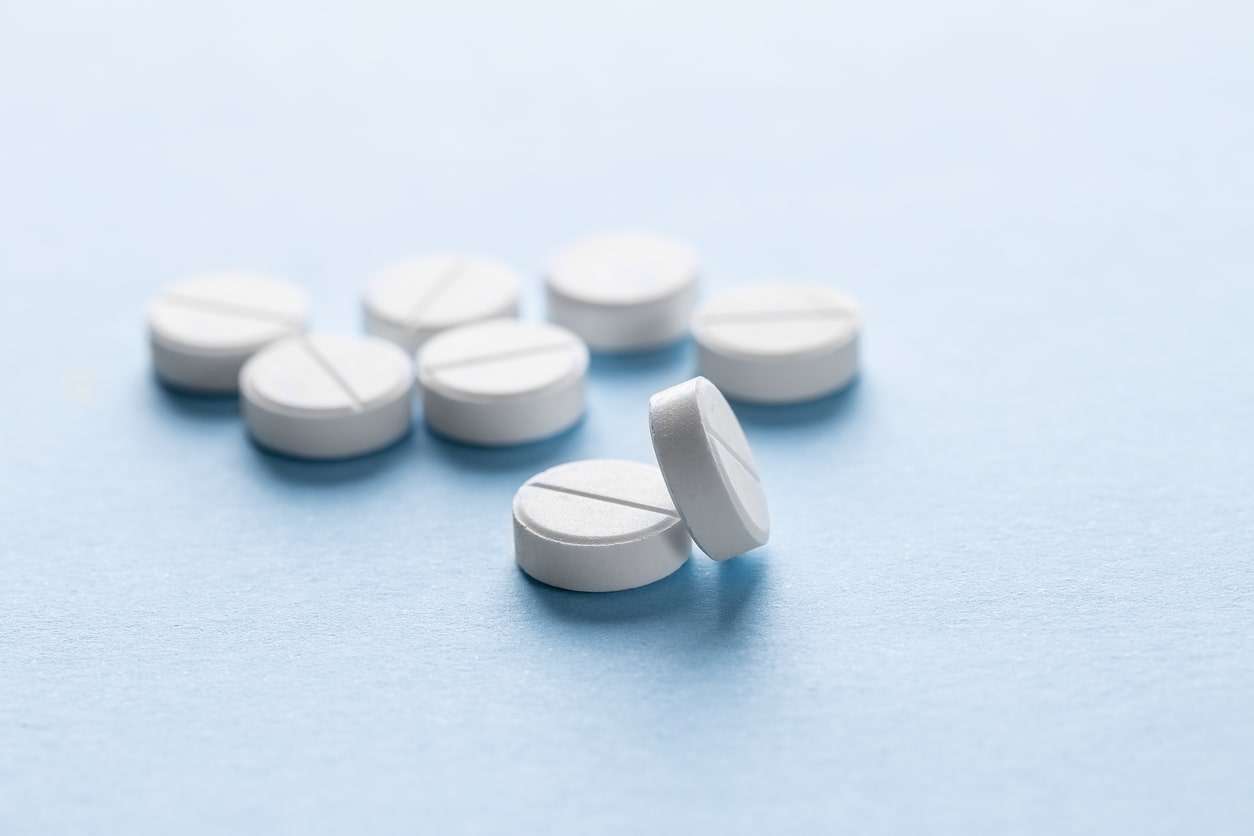Benadryl, also known by its generic name diphenhydramine, is a popular over-the-counter antihistamine medication used to treat allergies, hay fever, cold symptoms, and insomnia. It works by blocking the effects of histamine, a naturally occurring substance in the body that causes allergic reactions. While it is generally considered safe when used as directed, long-term use or misuse of Benadryl can lead to dependence and withdrawal symptoms. In this article, we will discuss the ins and outs of Benadryl addiction, withdrawal symptoms, the timeline, and treatment options for those struggling with Benadryl dependence.
How Do I Know if I’m Addicted to Benadryl?
Benadryl addiction can be challenging to identify since it is an over-the-counter medication and not typically associated with addiction. However, there are several signs that may indicate a dependence on Benadryl:
- Taking more than the recommended dose or using it more frequently than directed.
- Using Benadryl to cope with daily stress or as a sleep aid, even when not experiencing allergy symptoms.
- Feeling unable to function or sleep without taking Benadryl.
- Experiencing withdrawal symptoms when attempting to stop using the medication.
- Prioritizing Benadryl use over personal, professional, or social obligations.
If you suspect that you or someone you know may be addicted to Benadryl, it is crucial to seek professional help to address the issue safely and effectively at a drug detox in Atlanta. For more information on our services, call us at 470-828-2226.
Benadryl Withdrawal Symptoms
Withdrawal symptoms may occur when someone who has developed a dependence on Benadryl stops taking it. These symptoms can vary in severity and duration depending on the individual and the extent of their addiction. Common withdrawal symptoms include:
- Insomnia: Disrupted sleep patterns or difficulty falling asleep are common withdrawal symptoms, as many people become reliant on Benadryl as a sleep aid.
- Anxiety: Stopping Benadryl use can lead to heightened anxiety levels, particularly in those who used it to cope with stress.
- Irritability: As the body adjusts to the absence of Benadryl, individuals may experience increased irritability and mood swings.
- Restlessness: A sense of restlessness or agitation is common during withdrawal, making it difficult to relax or sit still.
- Nausea and vomiting: Some individuals may experience gastrointestinal issues during withdrawal, such as nausea or vomiting.
- Increased allergy symptoms: Stopping Benadryl use can lead to a temporary resurgence of allergy symptoms as the body readjusts to functioning without the medication.
How Long Does Benadryl Withdrawal Last?
The duration of Benadryl withdrawal can vary from person to person, depending on factors such as the severity of the addiction, individual physiology, and the presence of co-occurring conditions. In most cases, acute withdrawal symptoms begin to subside within one to two weeks. However, some individuals may continue to experience lingering symptoms, such as insomnia or anxiety, for several weeks or even months after discontinuing Benadryl use.
It’s essential to be patient during the withdrawal process and allow your body the necessary time to recover. Seeking professional help and support can make the withdrawal process more manageable and improve the chances of a successful recovery.
Benadryl Withdrawal Timeline
Benadryl withdrawal can vary based on the individual and the extent of their dependence. However, a general timeline can be broken down as follows:
- 24-48 hours: Initial withdrawal symptoms, such as anxiety, insomnia, and irritability, typically begin within the first 24-48 hours after the last dose of Benadryl.
- 3-7 days: Symptoms may peak during this period, with individuals experiencing the most intense withdrawal symptoms, including nausea, vomiting, and restlessness.
- 1-2 weeks: Withdrawal symptoms typically begin to subside, with the most acute symptoms gradually diminishing. However, some individuals may continue to experience insomnia, anxiety, and irritability.
- 2-4 weeks and beyond: Most people will see a significant improvement in their withdrawal symptoms by this time. However, some individuals may continue to experience lingering effects, such as mild insomnia or anxiety. It’s important to remember that the timeline for Benadryl withdrawal can vary, and some people may take longer to fully recover.
It’s essential to keep in mind that the withdrawal timeline may differ based on factors such as individual physiology, the duration and frequency of Benadryl use, and the presence of any co-occurring mental or physical health conditions.
Treatment for Benadryl Withdrawal
If you or someone you know is struggling with Benadryl dependence or withdrawal, it’s essential to seek professional help. A healthcare professional can assess the situation and recommend the most appropriate treatment plan. Treatment options may include:
- Medical detox: In some cases, a supervised medical detox may be necessary to manage withdrawal symptoms safely and effectively. This process involves gradually tapering off Benadryl under the supervision of a healthcare professional, who may also prescribe medications to help manage symptoms.
- Counseling and therapy: Cognitive-behavioral therapy (CBT) and other forms of counseling can help individuals address the underlying issues that contributed to their Benadryl addiction and develop healthy coping strategies for the future.
- Support groups: Joining a support group, such as Narcotics Anonymous or SMART Recovery, can provide valuable peer support and guidance during the recovery process.
- Inpatient or outpatient treatment: Depending on the severity of the addiction, an inpatient or outpatient treatment program may be recommended. These programs typically offer a comprehensive approach to addiction recovery, including medical care, therapy, and support services.
Find Drug Detox in Atlanta Today!
DetoxATL helps individuals kickstart the first step to a life in recovery. Our selected detox partners are individualized to the complex needs of addiction and the consequences that surround it. If you or a loved one are struggling with addiction to drugs or alcohol, call us now at 470-828-2226 or verify your insurance today.






